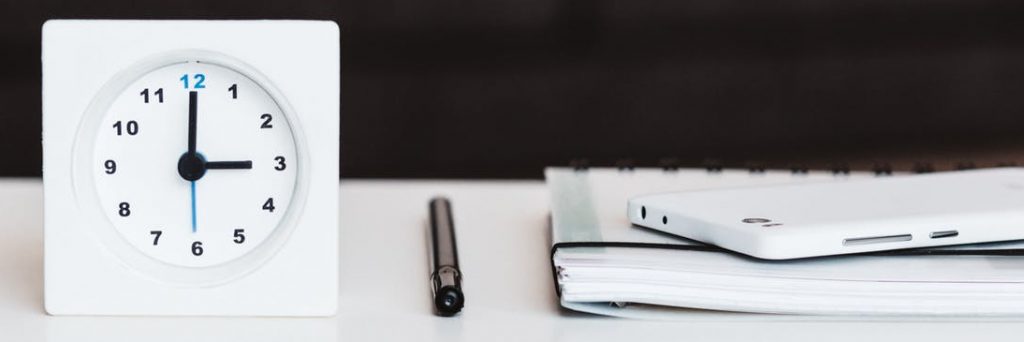Harvard Business School Research Offers New Spin on “Time Is Money” Axiom

Money can buy happiness, according to recent research from the Harvard Business School. But, it primarily has to be spent on making time.
Ashley Whillans, an Assistant Professor of Business Administration at HBS, published research on the “impact of buying one’s way out of negative experiences,” whether that means find ways to reduce a commute or taking a vacation. She points to “time stress”—or the tension that arises when time becomes a scarce resource—as a critical source of unhappiness, especially for many wealthy individuals. She explains:
“People have been trying to find ways to use their discretionary income to maximize their quality of life for a long time. We were really interested in seeing if buying ourselves out of negative experiences might be another pathway to happiness that had been relatively unexplored.”
For the purposes of their research, Whillans and her team define happiness as both overall and moment-to-moment satisfaction.
Whillans surveyed American, Canadian, Danish, and Dutch citizens across the socioeconomic spectrum about their feelings after they made a time-saving purchase. All participants generally reported positive feelings after ordering take-out food, for instance, but Whillans found that when they made these purchases too often, consumers developed a type of “hedonic adaptation” where they used the extra time to do something pleasurable rather than productive.
The role of gender in the time/money/happiness equation is notable, particularly when it comes to the post-work childcare and housekeeping “second shift” many American and Canadian women have to pull. The result is that women “have more educational opportunities than before, and [are] likely to be making more money and holding high-powered jobs but their happiness is not increasing commensurately.”
In ongoing research Whillans is pursuing with Michael Norton, a Harold M. Brierley Professor of Business Administration, into the influence that time-saving purchases have on relationship satisfaction, she explains that “both men and women feel less pulled between the demands of work and home life, and that positively impacts the relationship.”
Whillans’ research offers tangible proof that outsourcing specific tasks throughout the week is a fiscally responsible way to relieve stress.
Check out the rest of Harvard Magazine’s story on the research here.
